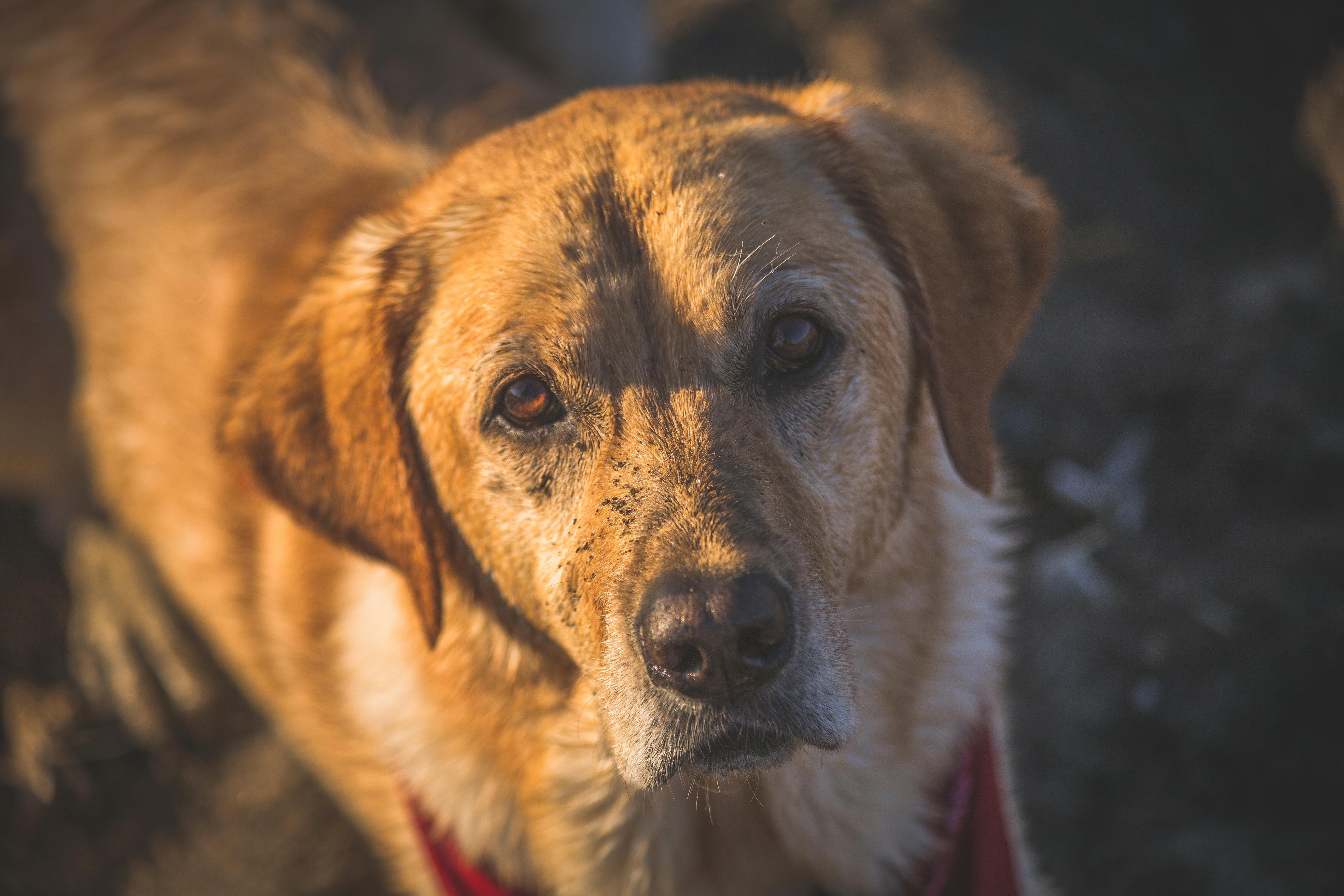jack russell terriers They are known to be energetic and cheerful dogs that provide endless fun for their owners. Most breeders do not encourage inbreeding as a way to reduce challenging mutations. Jack Russells are usually a healthy breed, but like all dogs, they are also susceptible to a number of health conditions.
The following are some of the signs to look out for:
cardiomyopathy
This is a condition that weakens the heart muscle. It is characterized by a thickened heart and dilation of the cavities. Stiffness of the heart muscles also occurs. Cardiomyopathy does not have early symptoms, so it can only be detected when it is more advanced.
Complications include pulmonary edema and pleural effusion. Pulmonary edema occurs when water collects in the lungs or chest cavity. Your dog will experience labored or rapid breathing. These are some of the red flags that he will notice. Also, if your dog shows reduced interest in exercise activities, have him checked for cardiomyopathy.
Lens Dislocation
Another common health condition that can affect a jack russell terriers It’s lens luxation. It is an inherited disease that can affect either eye or just one. It is characterized by dislocation of the lens.
In some cases, dog owners hardly ever notice the condition in its early stages. At this point, the lens is only partially dislocated. But once complete dislocation occurs, the dog experiences pain and the eyes become dull or have a reddish cast.
Immediate medical attention can eliminate the possibility of blindness. Dislocation of the lens develops mainly in old age. Always be on the lookout for any changes in your dog’s eyes. Visit a vet immediately if you notice a change in color to discuss the possibilities of a lens disorder.
hydrocephalus
Hydrocephalus is a brain disease that can pose great health risks to a Jack Russell Terrier. It is the accumulation of fluid in the brain. This fluid puts pressure on the brain tissues causing degeneration. Dogs suffering from hydrocephalus have difficulty maintaining their balance and appear disoriented. They can walk into objects and crash into walls due to confusion.
At the moment there is no known cure for hydrocephalus. However, research to find a cure is still ongoing. The kindest option available for dogs suffering from this condition is euthanasia.
It is advisable to investigate other possible diagnoses since the symptoms presented may also be characteristic of other treatable neurological disorders.
von Willebrand’s disease
Von Willebrands disease is an inherited bleeding disorder caused by abnormal platelet function. You can tell if your dog cuts itself and the bleeding is excessive even though the cut is not too deep. Bleeding gums, blood in the urine, and constant nosebleeds are also other symptoms to watch out for.
Von Willebrands disease has no cure. The most he can do is discourage and protect his Jack Russell Terriers from any tough fights with other creatures. Also ask your vet to suggest ways to reduce excessive bleeding that can occur during surgery; if your dog is faced with the need to undergo the procedure.
patent ductus arteriosus
During birth, the fetal vessels located between the pulmonary artery and the aorta may not close. This normally results in a series of cardiovascular complications. Sudden death is the first sign of the disorder in rare cases.
The disease can be easily detected during a routine checkup. Signs to look for include an unusual heart sound and your dog seeming weaker than he’s supposed to be.
Patent ductus arteriosus must be identified in its early stages. A timely diagnosis is necessary for the surgery to be carried out successfully. This might not be the case in older dogs.
Always take your Jack Russell to the vet while he is still a puppy for his normal routine checkups. Be sure to inform your vet of any changes as soon as you notice them. Treating your Jack Russell Terrier for any health disorder while it is still in the early stages presents a greater chance that it will overcome any future complications. Keep in mind that some diseases become difficult to treat as the dog gets older. Never miss a vet appointment, especially when the dog is still a puppy.
